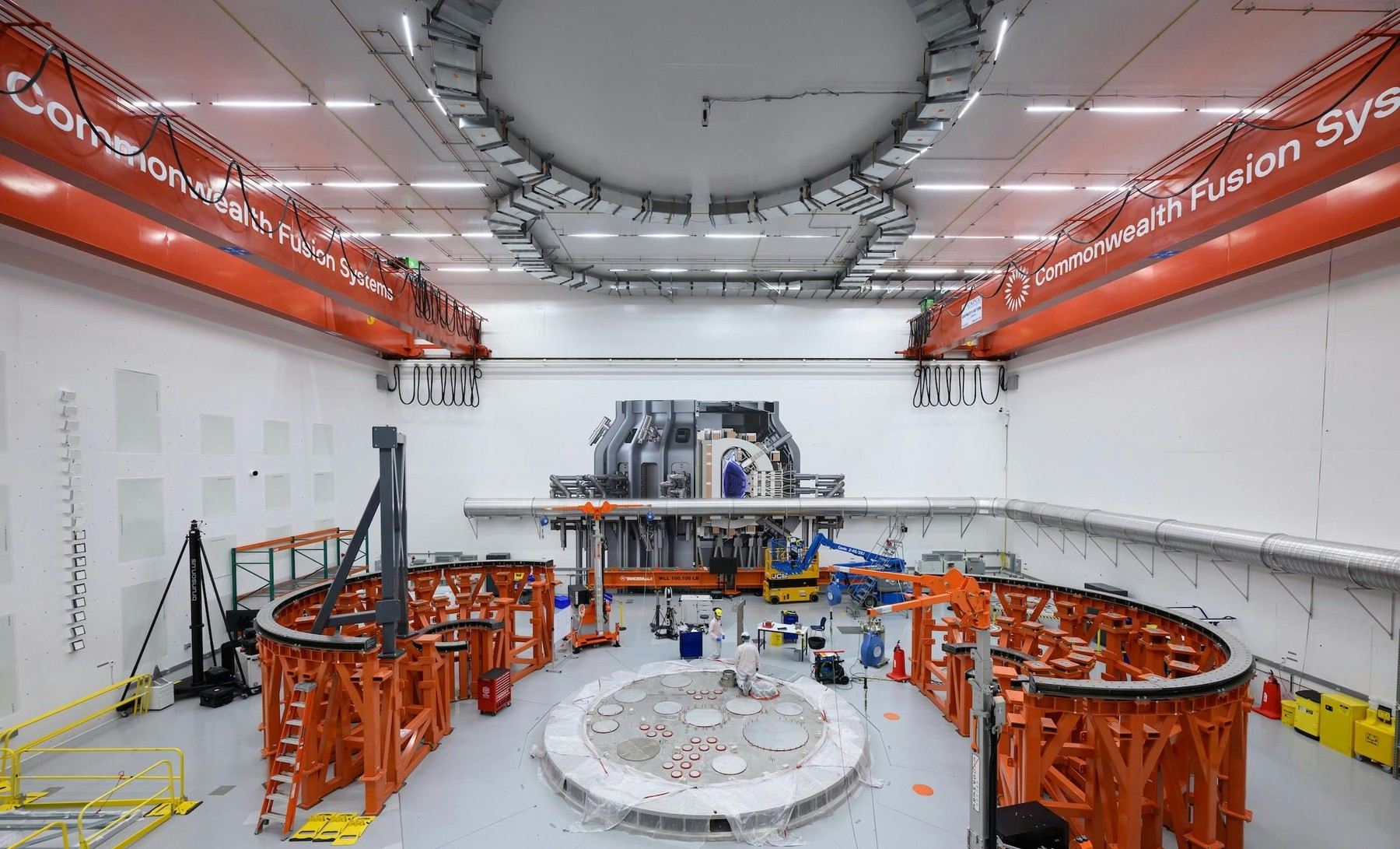Climate Insider team had the opportunity to interview Robert Metzke, the Senior Vice President and Global Head of Sustainability at Philips, at the Economist Impact’s 9th Annual Sustainability Week. Robert Metzke discussed his approach towards making healthcare systems more sustainable. Robert articulated the multifaceted challenges facing the healthcare sector, including stretched resources, staff shortages, and the imperative to address environmental impact.
Robert acknowledged the strain on healthcare systems worldwide, exacerbated by staff shortages and the departure of midwives due to burnout. “The healthcare system is stretched and burnt out. There is a shortage of staff, midwives are quitting. Around 4 billion people don’t have access to healthcare,” he said. When asked about the most critical challenges facing sustainability in healthcare, Robert highlighted the shortage of healthcare professionals, particularly doctors. He said that there is a need for comprehensive training and skill development.
Robert also emphasised on Philips’ efforts to operate a carbon-neutral supply chain and engage with suppliers to reduce environmental impact. Through initiatives such as eco-designing energy equipment and promoting a circular model to address embedded carbon, Philips aims to minimise resource consumption and drive digitalization in healthcare delivery.
Recognizing the complexity of the healthcare landscape, Robert underscored the importance of addressing skill gaps and empowering healthcare professionals to drive change. He emphasised the intrinsic motivation of many healthcare workers to improve sustainability but highlighted the need for support and resources to effect meaningful transformation. During this discussion, he laid out a very important question: “How do you help an overstretched workforce intrinsically motivated to do something?” In exemplifying, he mentioned, “Hundreds of radiologists really want to drive change, but there is a skills gap. They are unequipped and overexposed.”

Robert outlined a three-pronged approach, focusing on technology integration, stakeholder collaboration, and government intervention.To help healthcare systems navigate sustainability challenges, he advocated for leveraging technology to streamline processes and reduce costs. Additionally, he emphasised the importance of collaboration with stakeholders, including doctors and nurses, to appreciate existing efforts and contextualise sustainability initiatives within the healthcare context. Robert highlighted the significance of identifying emissions hotspots within hospitals and implementing green purchasing programs to mitigate environmental impact.
In addressing systemic challenges, Robert called for government intervention to drive efficiency, invest in capacity building, and develop national decarbonization roadmaps for the healthcare sector. “Governments should also think about national decarbonization roadmaps for hospitals, covering entire healthcare systems,” he said. He stressed the need for clear leadership directives and resource allocation to support sustainability initiatives at both institutional and governmental levels.
Moreover, Robert emphasised the role of education and training in fostering a patient-centric and systematic approach to healthcare sustainability. By equipping healthcare professionals with the necessary skills and awareness, Robert believes that meaningful progress can be made towards creating environmentally sustainable healthcare systems.
In conclusion, Robert’s insights underscore the importance of pragmatic and collaborative efforts to make healthcare systems more sustainable. By addressing skill gaps, leveraging technology, and advocating for policy interventions, Philips aims to drive meaningful change within the healthcare sector, ultimately benefiting patients, professionals, and the planet alike.
To stay informed about the climate industry explore our latest climate tech news.








